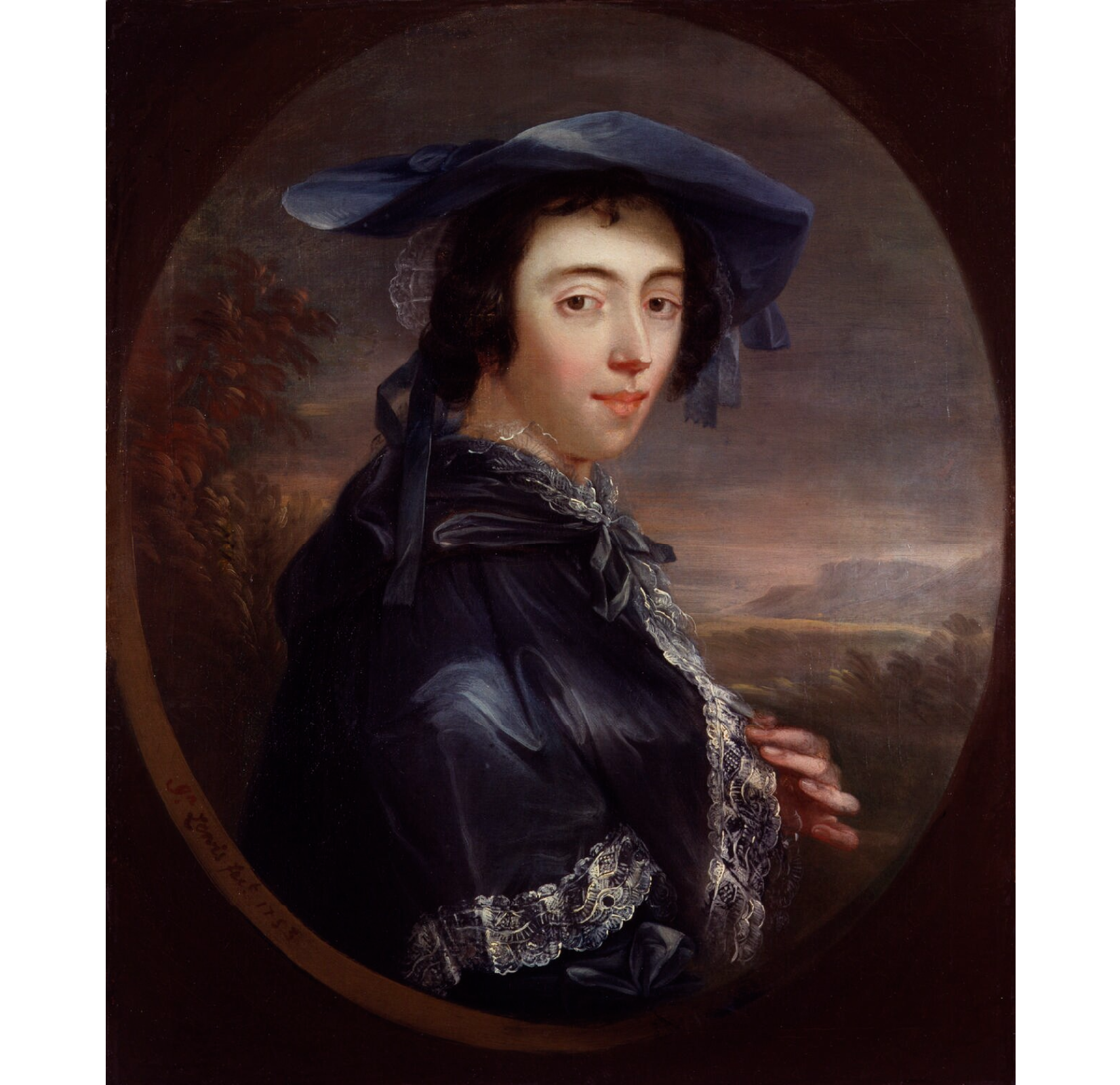Vol. 75, No. 2
pp. 76-154, 2021
Articles
-
"Thus Let Me Wipe Dishonour From My Name": Peg Woffington as Lothario in The Fair Penitent
Annette Rubery
While [existing] studies are unquestionably valuable to theatre historians they also risk narrowing the view, distancing us from traditionally thorny issues such as the extent of an actress’s agency and her possible motivations. How far was Woffington a conscious disrupter of gender and how far the servant of commercial trends? What do Woffington’s performances tell us about a player’s status? What could be gained by mapping a comic style onto a tragedy, and what does her failure tell us about the state of the stage at mid-century? This essay not only uses a biographical approach to shed light on these questions, it also explores Woffington’s career from a cultural perspective. What is particularly interesting about her performance of Lothario is that it occurred during a period of changing audience tastes.
-
"Consonant with Scenes of Real Life": Poachers and the Game Laws on the Nineteenth-Century Stage
Stephen Ridgwell
Focusing principally on Pitt’s tragic story of a Warwickshire poacher and his fatal shooting of a gamekeeper, this essay takes Simon Lee as a model of what might be termed Game-Law melodrama. Especially visible in the years 1830-1860, and closely related to what Matthew Buckley identifies as the melodramas of “economic distress”, they formed a distinctive sub-genre in their own right.
-
A "Private Public": Talfourd's Ion before Performance and the Evidence of the Huntington Letters
Christopher Butcher
[F]or many in dramatic and literary circles, Ion was not entirely new in May 1836 but had instead been the subject of considerable discussion and was in vogue well before it first appeared on the stage. This was the result of the circulation of unpublished editions of the play in the year beforehand. The extent and nature of that circulation can be studied because of the existence of a remarkable source, in the form of a series of manuscript letters addressed to Talfourd, now in the Huntington Library in San Marino, California. […] This material will be examined in detail for the first time, and considered in conjunction with other manuscript sources and published reviews, to help make an assessment of the contribution which the pre-performance publicity for Ion which it evidences may have had on the success of the play and to evaluate the force of contemporary objections to that publicity. The collection will also be considered in its own right and set in the context of the 1830s fashion for the acquisition of autographs.
BOOK REVIEWS
The Methuen Drama Handbook of Theatre History and Theatre Historiography, Claire Cochrane and Jo Robinson (eds)
reviewed by Jim Davis
The Routledge Companion to Theatre and Performance Historiography, Tracy C. Davis and Peter W. Marx (eds)
reviewed by Jim Davis
Bernard Shaw and the Censors: Fights and Failures, Stage and Screen, by Bernard F. Dukore
reviewed by Anne Etienne
Marie Duval: Maverick Victorian Cartoonist, by Simon Grennan, Roger Sabin, and Julian Waite
reviewed by Geraint D'Arcy
“Thus Let Me Wipe Dishonour From My Name”: Peg Woffington as Lothario in The Fair Penitent *** “Consonant with Scenes of Real Life”: Poachers and the Game Laws on the Nineteenth-Century Stage *** A “Private Public”: Talfourd’s Ion before Performance and the Evidence of the Huntington Letters
